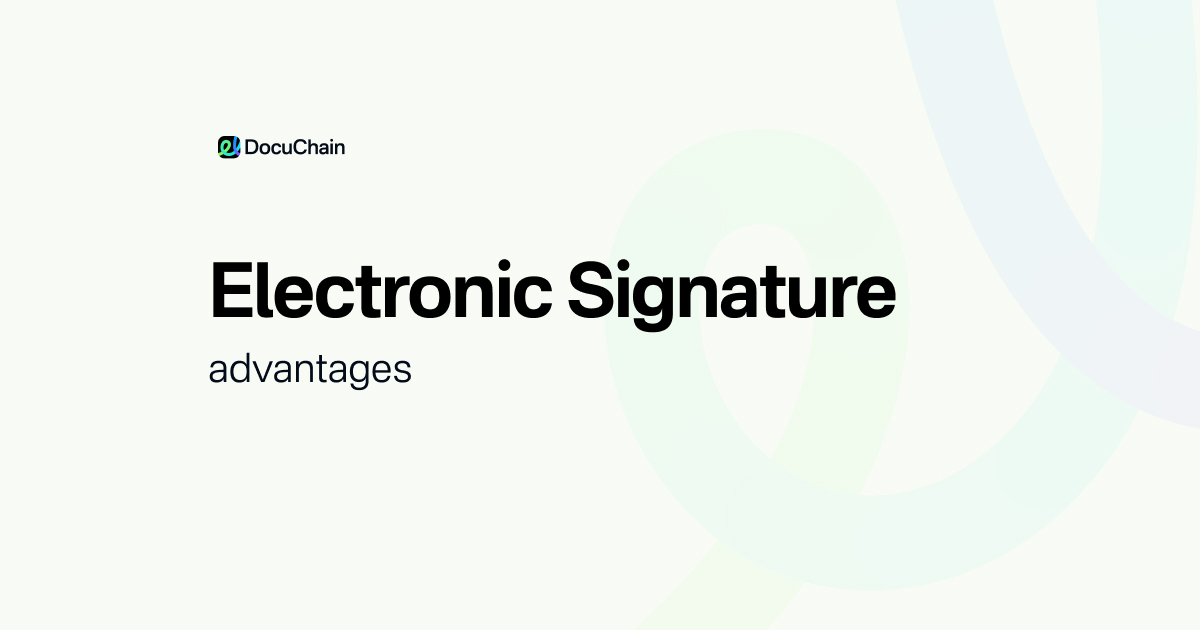Create electronic signature


Drop your file or click to upload your document
Tap in area to upload your document

Say bye-bye to paperwork,
begin your digital journey


Create an electronic signature for free - fast, secure and legally binding



How to create an electronic signature
the document
Create an electronic signature online from bank statements to international contracts
Create an electronic signature with an infinite number of participants












































Clear signing process



After all, everyone receives a completed document
Check the signing status of document
Make your signature unique
In our library there are more than100 fonts to add personality to your documents for free
Keep your documents safe with our blockchain storage

Your data is safeguarded using
Ethereum and Polygon
blockchains


These blockchains are highly secure and process millions of transactions, ensuring your information stays safe and protected.
You are safe by all standards

From contracts to approval forms, digital signatures are accepted around the world and meet all major legal standards, including eIDAS, UETA, and the ESIGN Act.
A digital signature goes further by using encryption and identity certificates to verify the signer.
Both options are secure, but digital signatures are often preferred for high-risk or regulated documents.
The right choice depends on how much security and verification your workflow demands.
Paid platforms offer advanced tools for businesses that need secure, scalable solutions.
Whether you’re looking to e sign a single PDF or automate a high-volume signing process, it’s important to evaluate the best electronic signature software for your specific needs.
Eco-friendly paper-free digital service
Switching to digital document management saves around 300 million tonnes of paper annually, preserving over 4 billion trees

FAQ
Create eSignature now


Tap in area to upload your document
Drop your file or click to upload your document.








